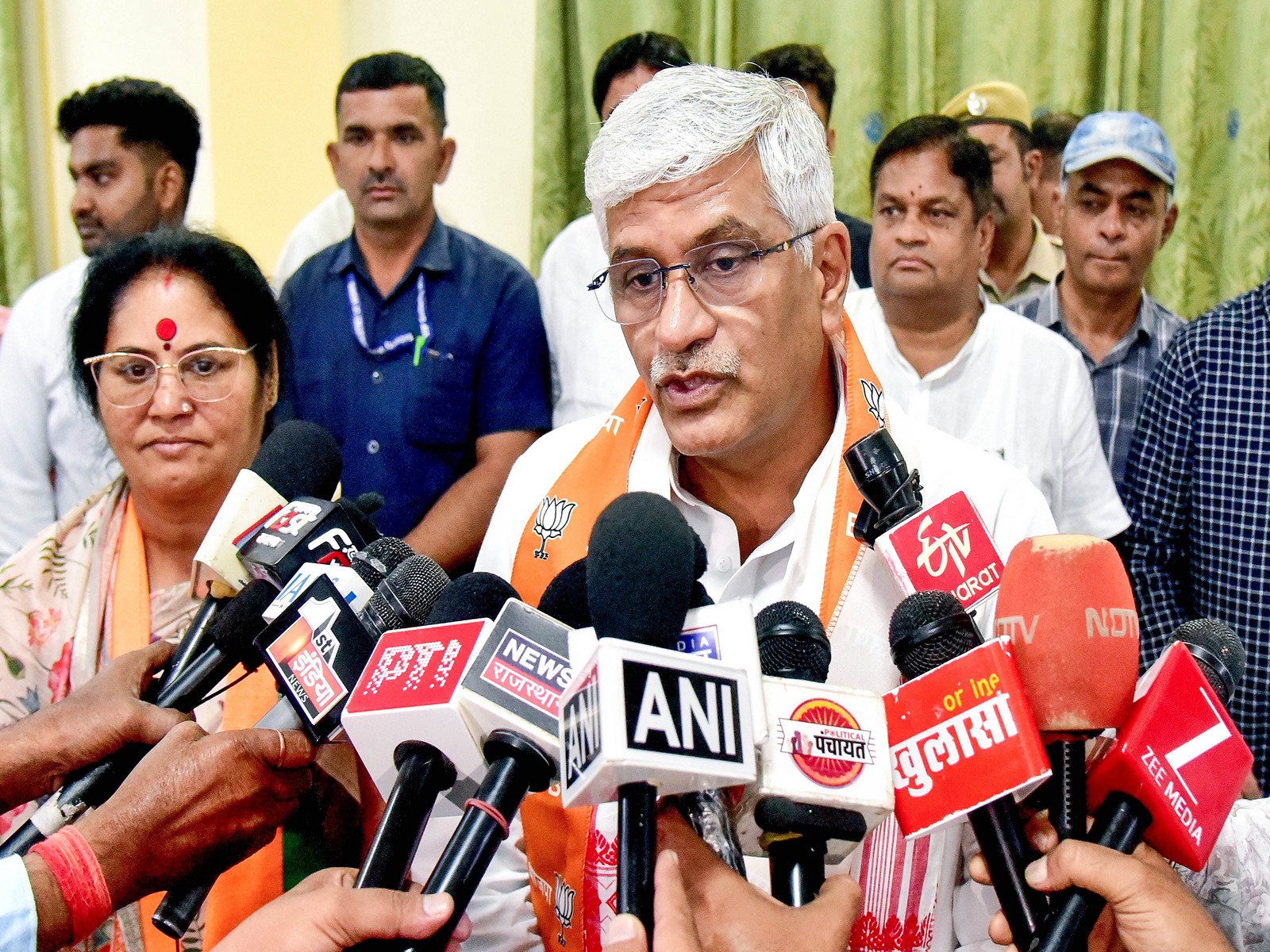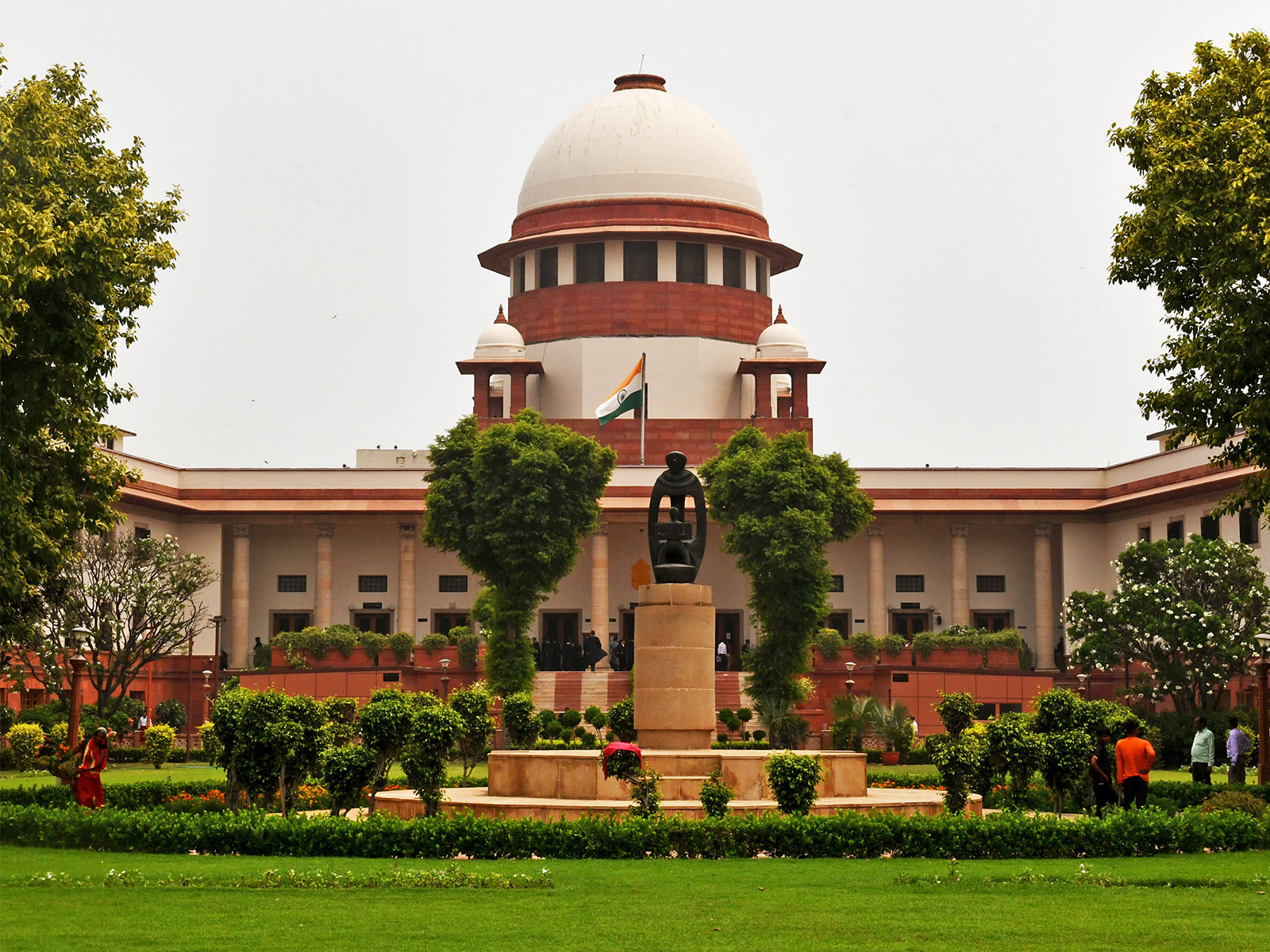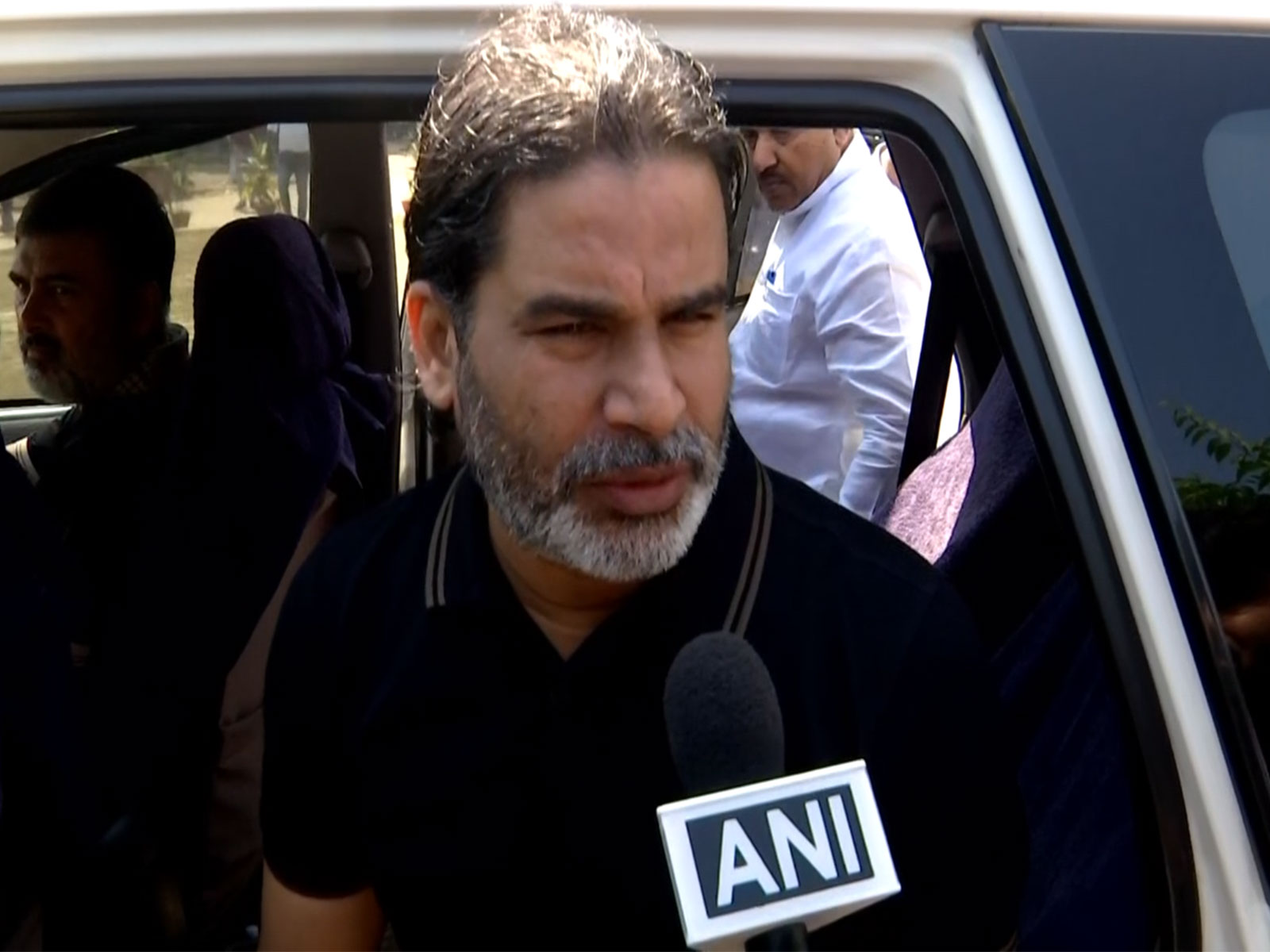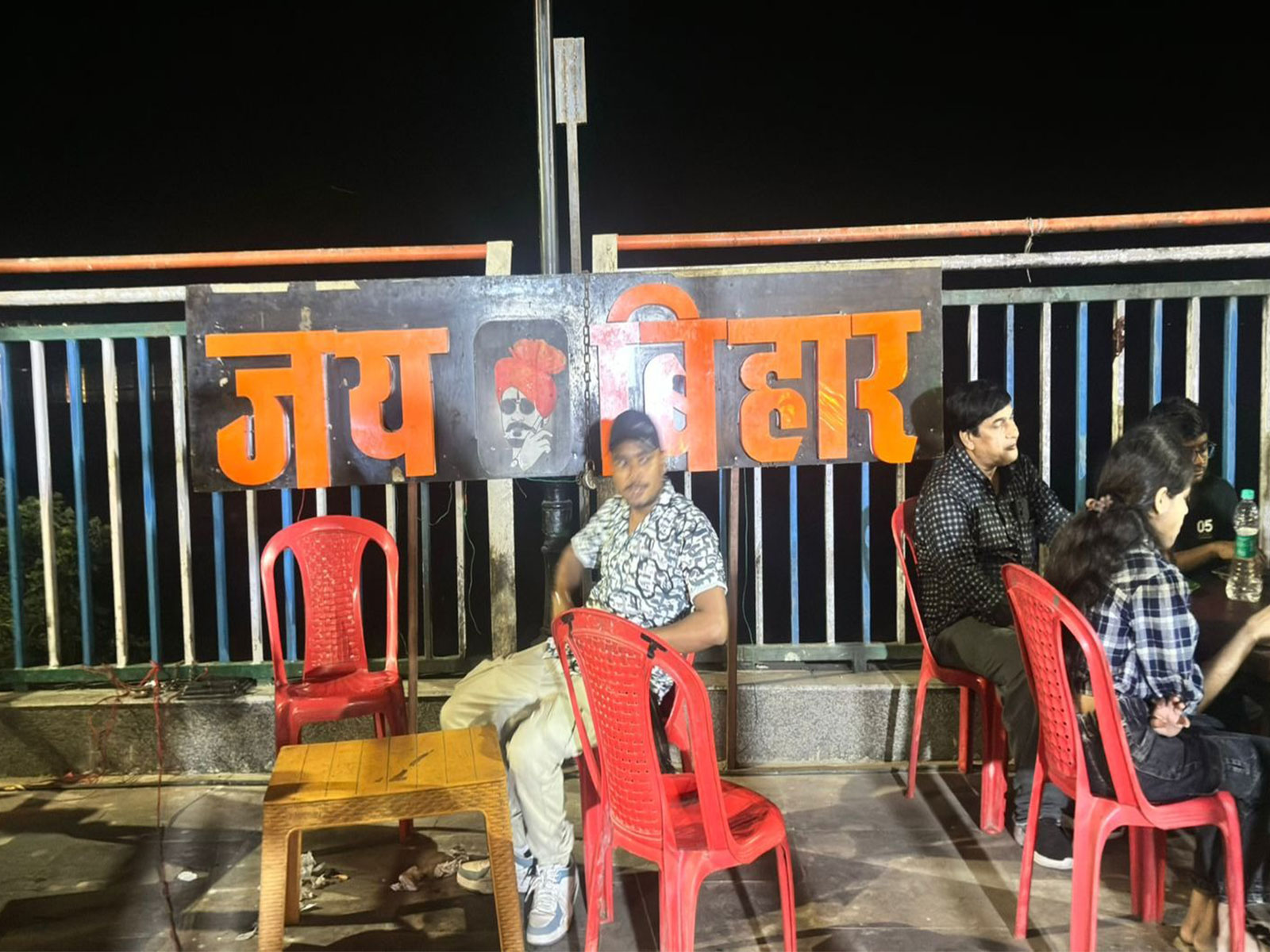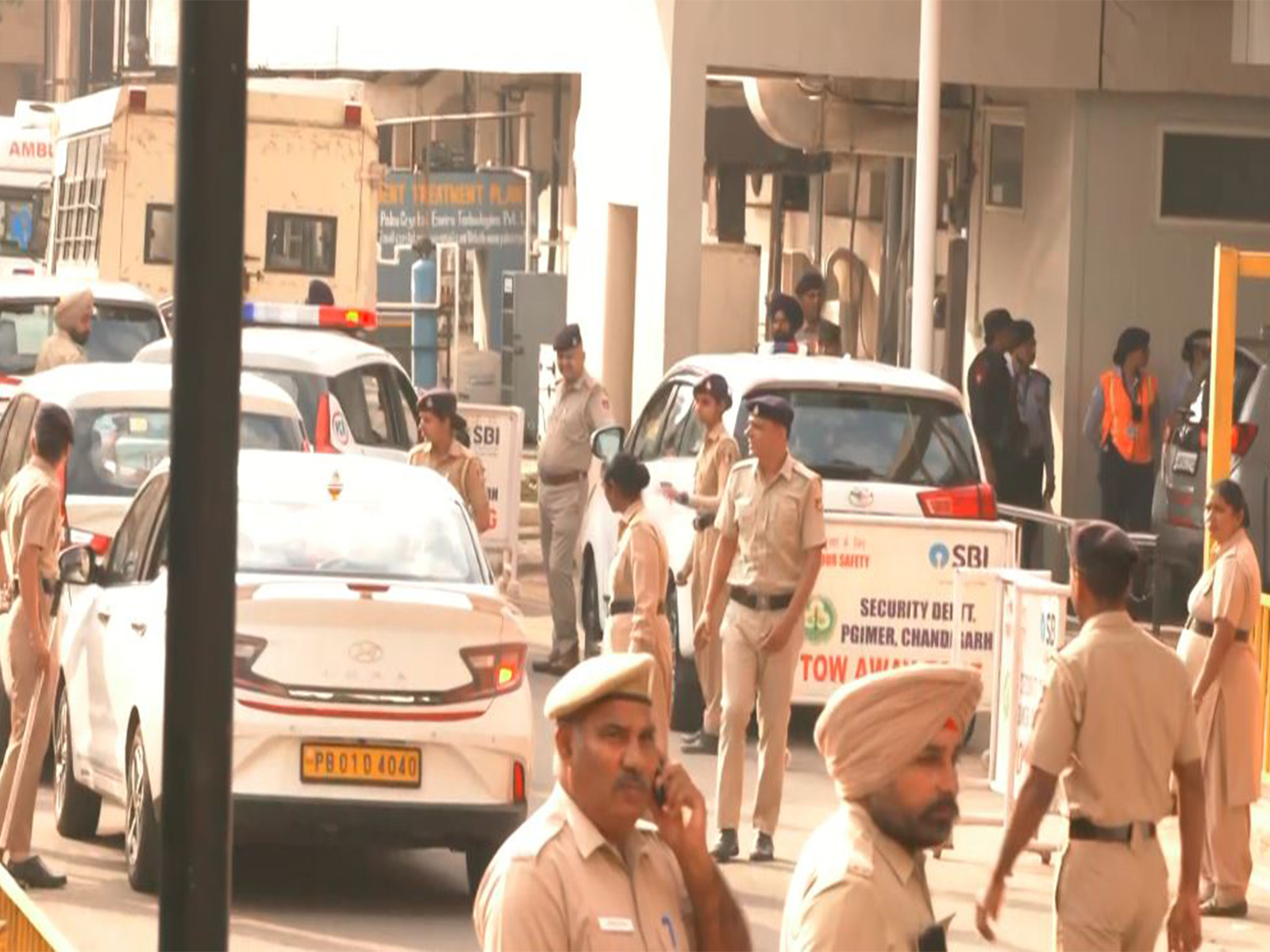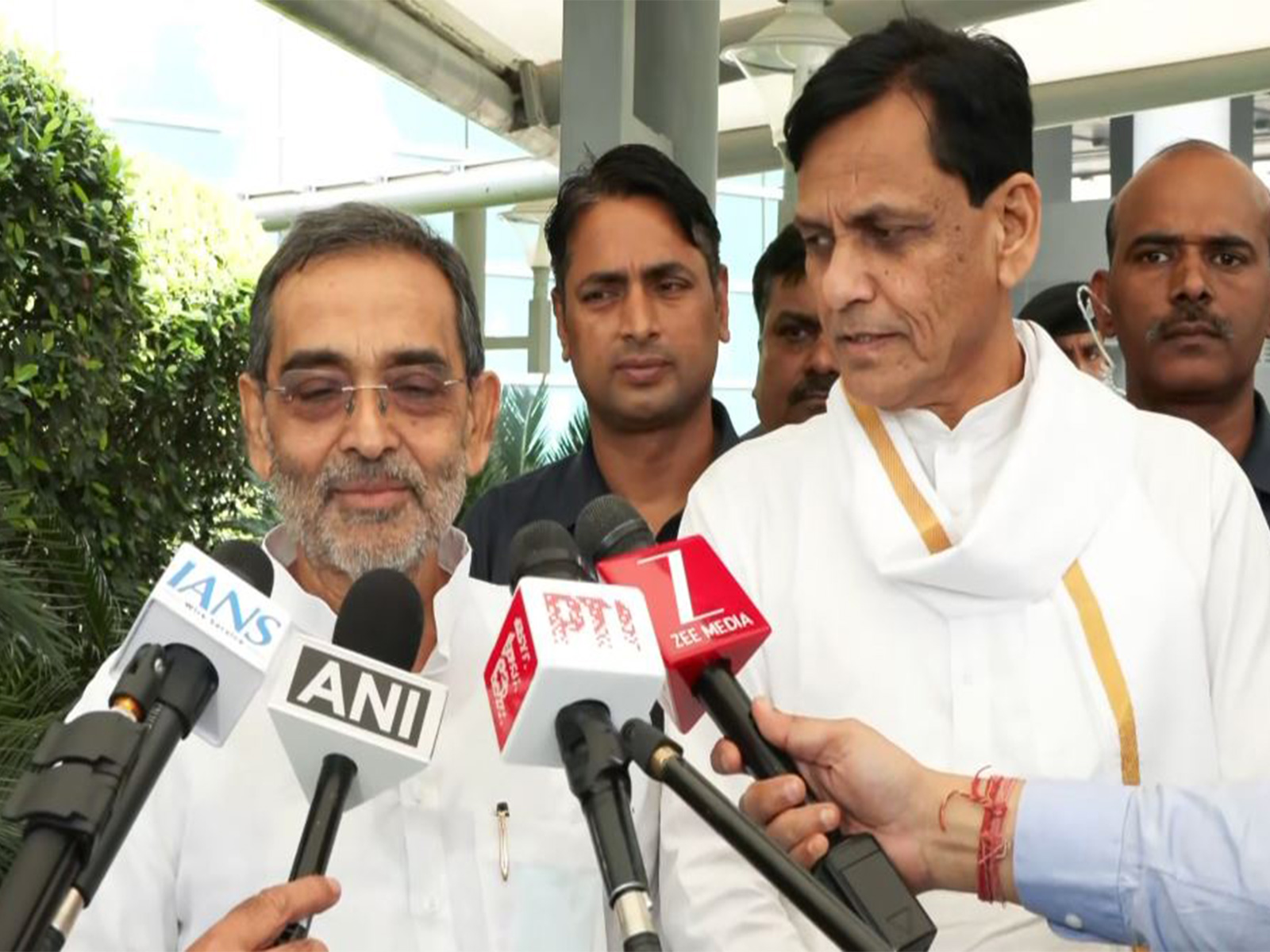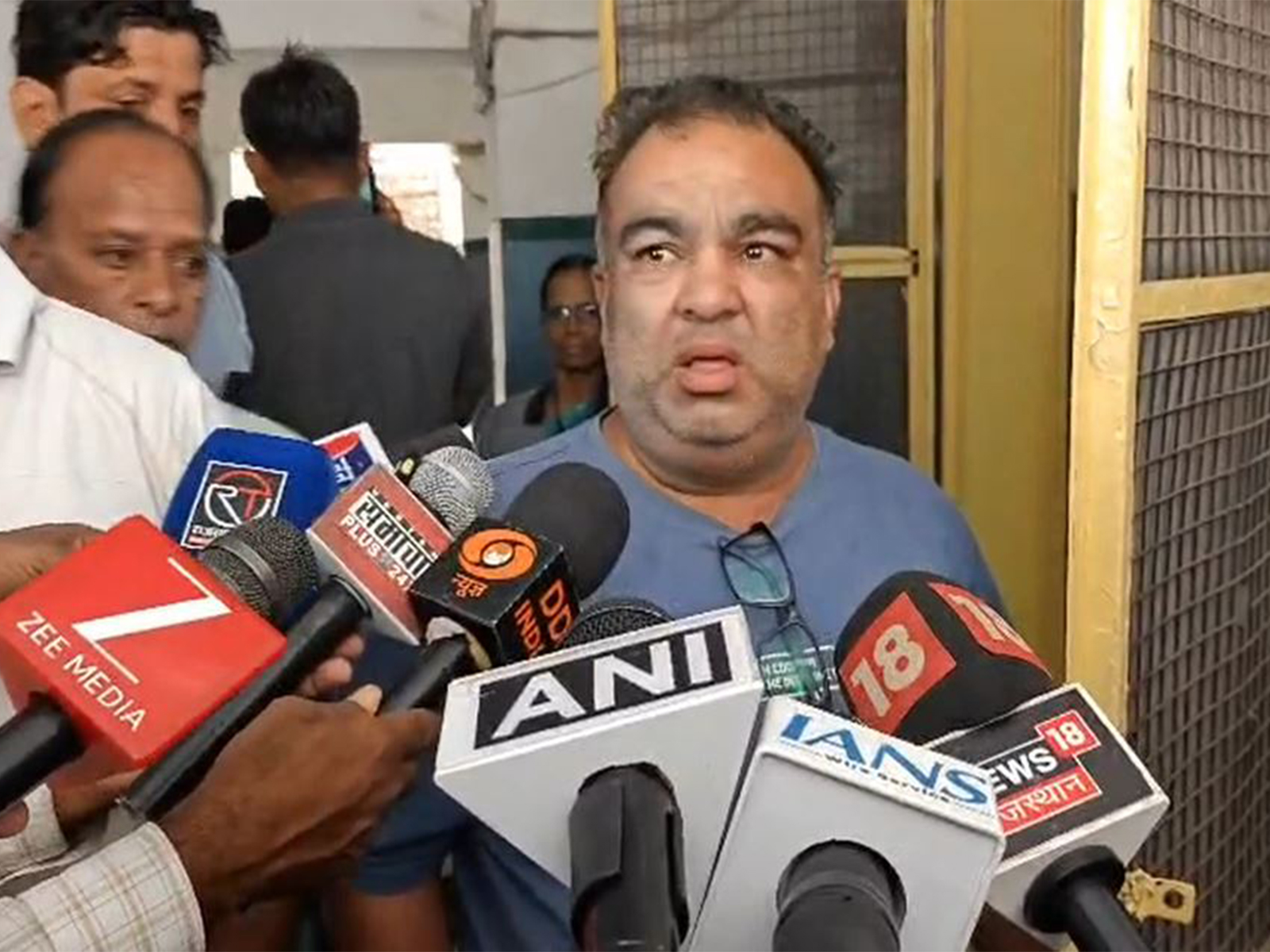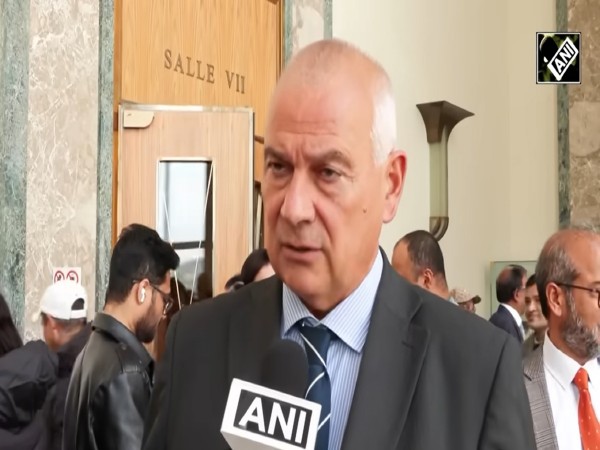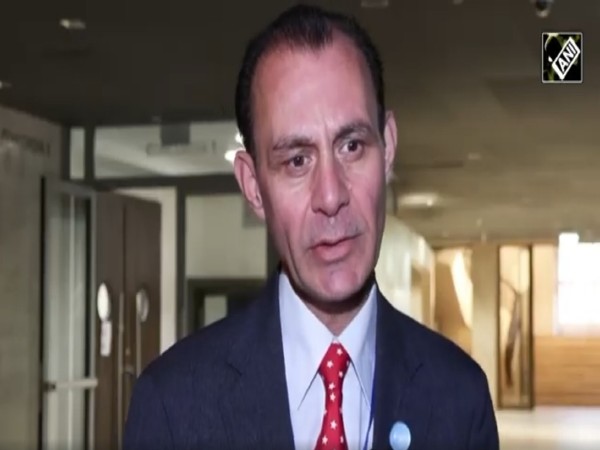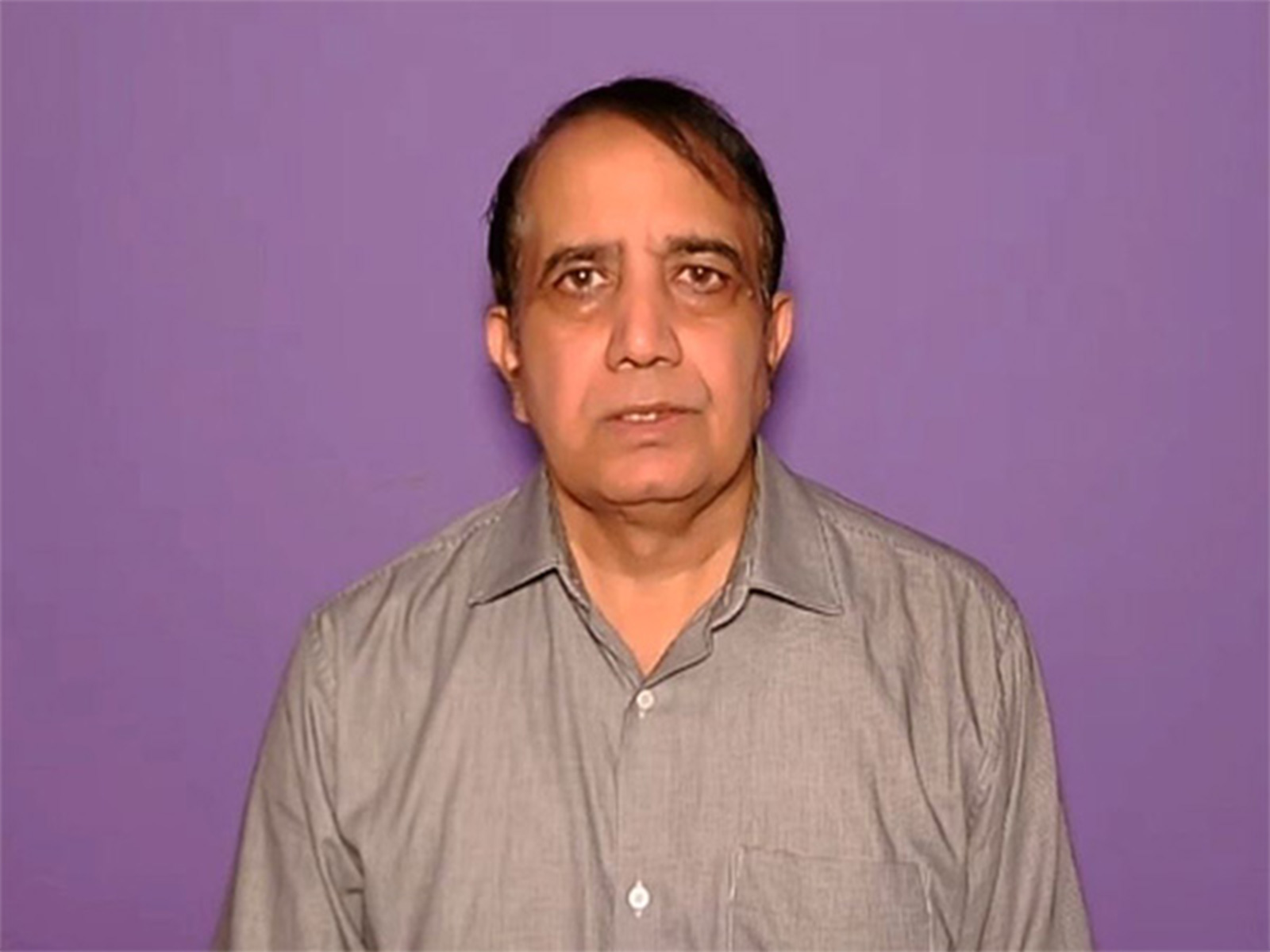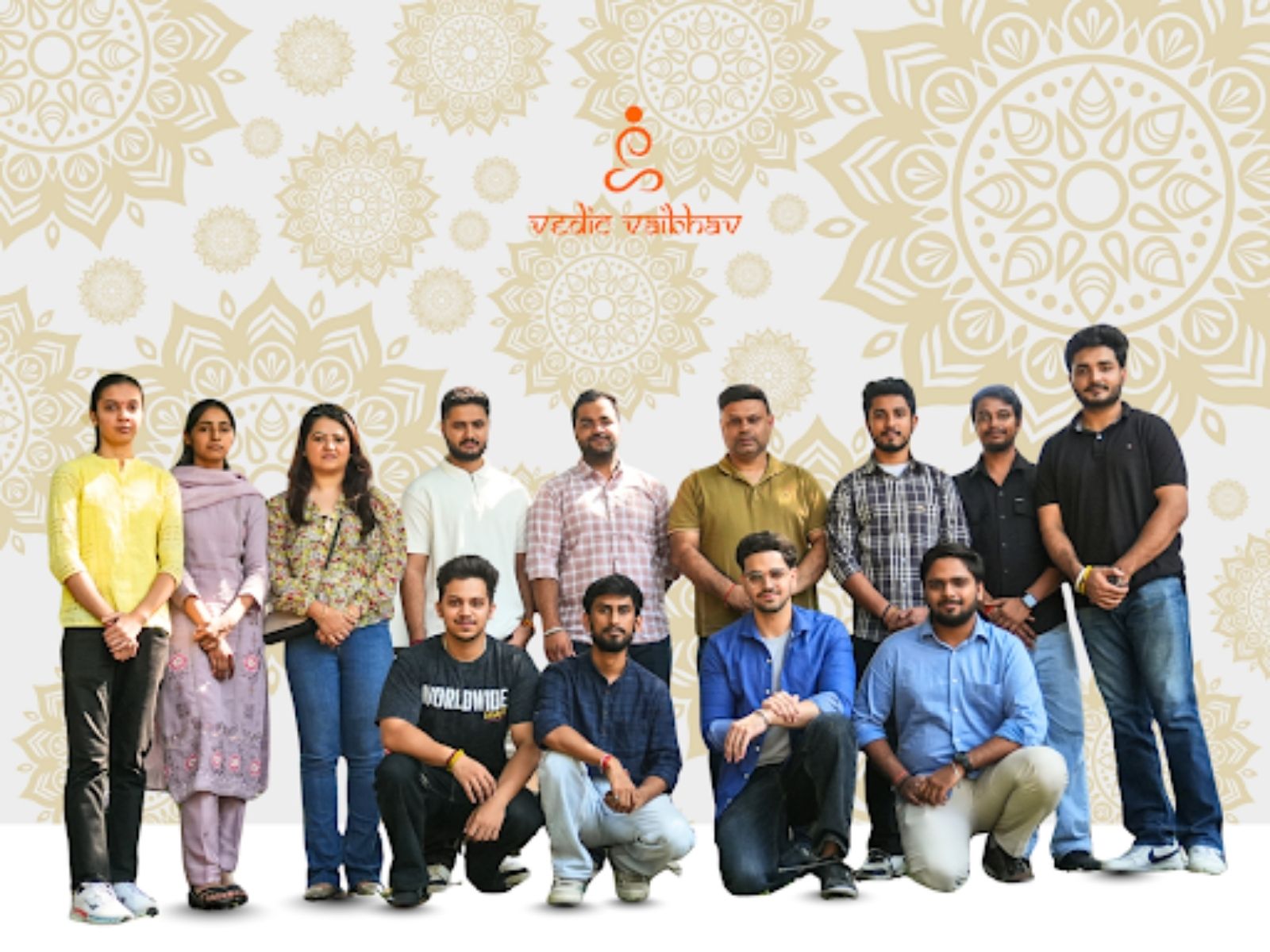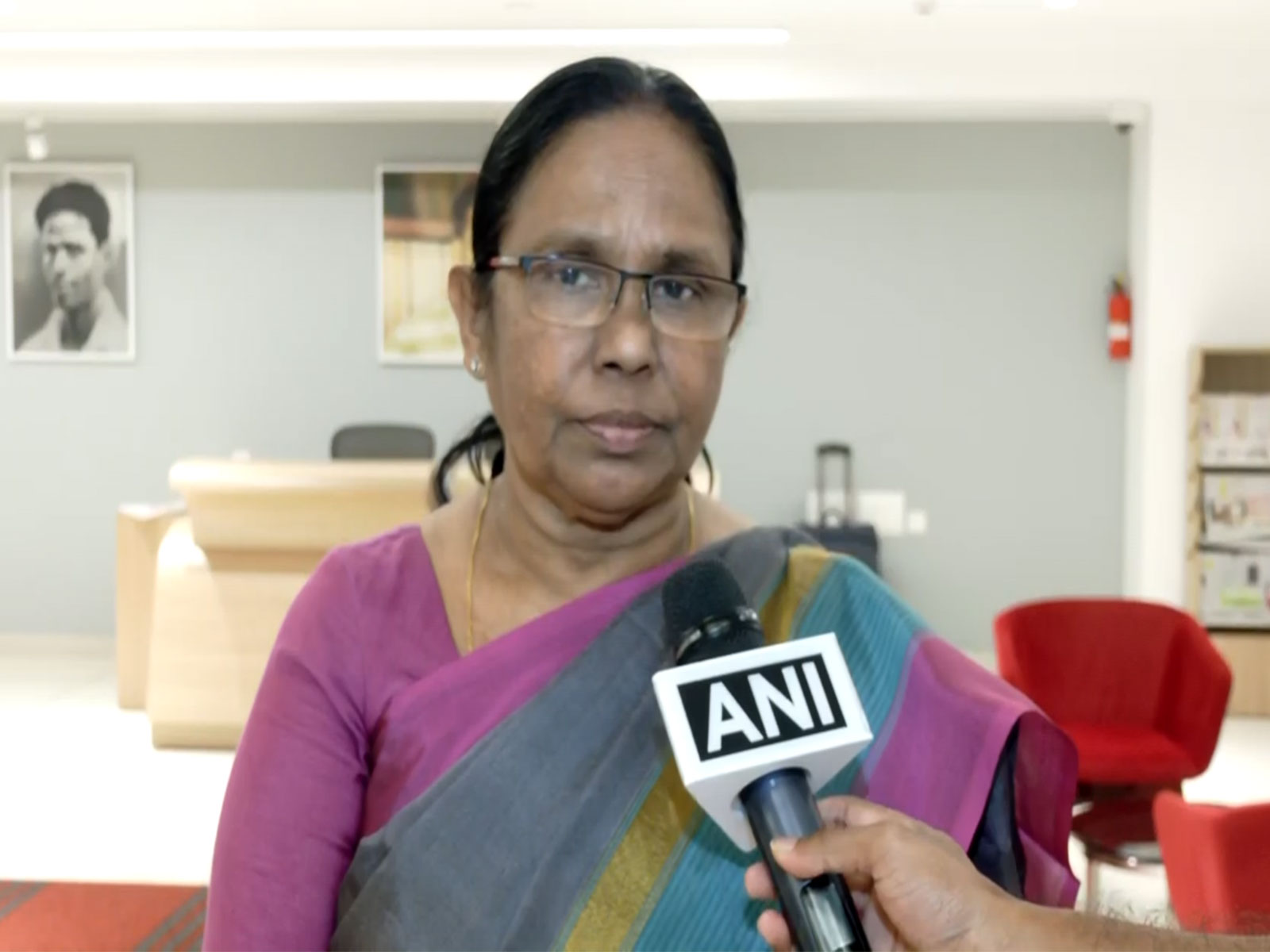
Former Kerala Health Minister KK Shailaja suggests commencing amoeba testing at Panchayat level
Oct 15, 2025
Thiruvananthapuram (Kerala) [India], October 15 : As Kerala battles rare brain infection cases caused by "brain eating amoeba" Naegleria fowleri, senior Communist Party of India (Marxist) leader KK Shailaja on Wednesday assured that the state government was taking measures to aware health workers at the grassroots level to remain vigilant so that symptoms of the disease are not ignored.
She said it was essential that widespread amoeba testing begin at the panchayat level to prevent future cases.
Shailaja, the former Kerala Health Minister, further stated that amoebic meningoencephalitis, a type of amoebic encephalitis, is not a contagious disease, but rather it naturally occurs in densely populated areas.
"Amoebic meningoencephalitis is not a contagious disease. However, it is something that can occur naturally in thickly populated areas, especially due to pollution and the abundance of ponds and water bodies. Therefore, we have made our health workers vigilant at the grassroots level. When symptoms appear, they are not ignored," Shailaja, CPI(M) MLA from the Mattanur assembly constituency told ANI.
She further stated that the state government was able to plan in advance and take timely decisions because of the strong foundation of an extensive public health system in Kerala.
"The advantage we have in Kerala is our extensive public health system, which is what enables us to plan effectively. During both the Nipah and COVID-19 outbreaks, this was our key strength. Because of this strong foundation, we can plan in advance, take timely decisions, and act swiftly. Our public health network is well-structured in three tiers: PHCs, CHCs, Taluk Hospitals, District Hospitals, and Medical Colleges. This vast system enables us to conduct early detection on a wide scale, which is a major factor contributing to Kerala's success in managing health crises," she added.
Shailaja asserted that symptoms of amoebic meningoencephalitis were identified early on due to the robust public health infrastructure in the state.
"In some other states, such as Bihar, hypoglycemia once went undetected and led to the tragic death of over 350 children, something that could have been easily prevented with early detection. In Kerala, however, when amoebic meningoencephalitis cases appear, the symptoms are identified quickly and acted upon. This is a direct outcome of our robust public health infrastructure," she said.
The former Kerala Health Minister stated that containment was crucial when encountering such infectious diseases in populated areas.
"Private hospitals also play a role, but many ordinary citizens cannot afford to go there. It's mostly common people who face these health challenges. When we suspected Nipah, we didn't wait for instructions. We immediately sent samples for testing and quickly confirmed the presence of the infection. Once identified, we contained it effectively. In densely populated areas, containment is crucial," Shailaja said.
She suggested that the Food Safety department should also be involved in water testing, as most infections originate from ponds and wells.
"Now, departments like Food Safety must also be actively involved. The Food Safety Department already has facilities for water testing, and Kerala has several NABL-accredited laboratories. This means we can test pond water across the state efficiently. Most infections originate from ponds, wells should also be tested periodically, since various types of bacteria may be present, not just the amoeba," Shailaja said.
She added, "Therefore, it's essential that we begin widespread amoeba testing at the panchayat level to prevent future cases. During the COVID-19 pandemic, we established fever clinics. Similarly, awareness and vigilance must be strengthened in all hospitals, including private ones."
Shailaja argued that it was because of an effective health department in the state that amoeba was detected early on, or else people would have died of fever without realising the real cause.
"If our health department were ineffective, we wouldn't even have been able to detect the amoeba. People would simply die of fever without anyone realising the real cause. Detecting amoebic meningoencephalitis itself is a mark of Kerala's scientific strength. However, we must take more precautions and continue to strengthen surveillance and preventive measures further," she added.
